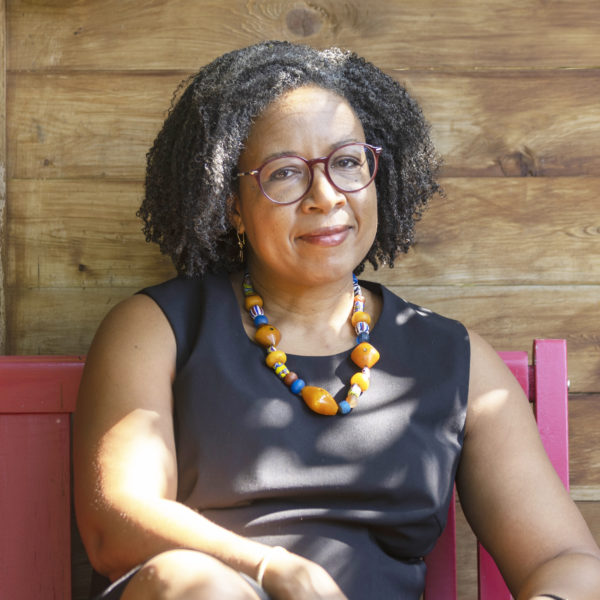This is a pivotal moment for the study of slavery, in historical and contemporary form across a range of comparative law contexts. In historical form, United Nations Secretary-General Antonio Gutteres has opined that “the transatlantic slave trade is one of the biggest crimes in the history of humankind. And we continue to live in its shadows.” The ‘afterlives’ of slavery (Hartman 2007) that leave Black lives imperilled have been made all too apparent in the midst of the Covid-19 pandemic that disproportionately affects the Black diaspora, and the year of reckoning with the depths of anti-Black racism following George Floyd’s videotaped lynching. It is in this context that the United Nations International Decade for People of African Descent, which runs from 2015 – 2024 and is expected to be renewed, and the recent, unanimously adopted UN Permanent Forum of People of African Descent, take on particular urgency. The UN Decade and Permanent Forum, which I had the privilege to attend and participate in, in the form of an official side event that included the first Director-General of the International Labour Organization from the African continent, Mr. Gilbert Houngbo, should focus attention on the importance of remembering the global history of slavery as embodied in Black Life. This proposal will engage with the treatybased legacy of international organizations, notably the League of Nations and the International Labour Organization, through whom early 20th century colonial administrators encoded a distinction between a narrowed notion of slavery unmoored from the centuries-long legacy of racialization, and forced labor in colonies.
In contemporary form, labor conditions in global value chains, global supply chains, and global care chains; the interpretation of trade law’s treatment of production processes involving labor violations as “like goods”; and the development of corporate social responsibility notions of accountability, sustainability and due diligence; have kindled concern to examine and invoke
the international law of slavery, forced labor, and human trafficking (Bunting & Quirk 2017; ILO Protocol 2014; Kotiswaran 2017; LeBaron 2019, 2020). Indeed, contemporary approaches to governance attach the powerful label of slavery to a disturbingly broad range of human exploitation (e.g. Bales 1999, 2007). But rather than reinvestigate the fraught early 20th century distinction for what it erased, some rather baldly affirm that modern slavery has nothing to do with the past (Nolan & Boersma 2019). These narratives perpetuate invisibility, by silencing the past (Trouillot 1985) and dis-membering the legacy of slavery through overbroad invocations of its name. Remembering would instead entail purposefully rethinking received legal definitions, by turning back to the painstaking literature from historians of labor and capital and social theorists on (1) the centrality of slavery to the emergence of the modern world (James 1938; Williams 1944; Wynter, unpublished; Johnson 2013; Beckert 2014; Grandin 2014); (2) the co-existence of various forms of free and unfree labor (Pope Melish, 1998; Rockman, 2009); and (3) the need to engage with the Black Atlantic (Gilroy, 1993) for any credible understanding of resistance and freedom (R.J.M. Blackett 2013; Vandervelde 2014; Foner 2015; Roberts 2015; Tomlins 2020).
This proposal will enable this rethinking of the contemporary law of slavery, through my general report for the International Academy of Comparative Law, and my book-length manuscript. I will underscore the significance of the centuries’ long global institution of transatlantic slavery and its legacies, as witnessed in racial injustice and anti-Black racism and as exemplified
in forms of contemporary slavery that are too often overlooked, such as prison labor (Blackmon 2009; Alexander 2010). I will recentre emancipation in the reconstruction of the law of slavery.

